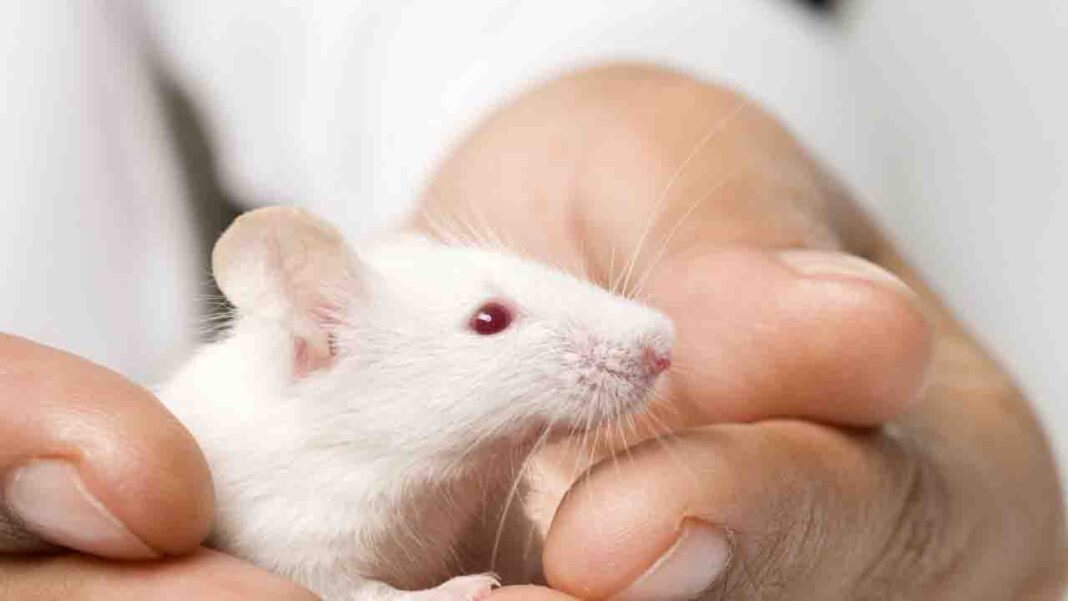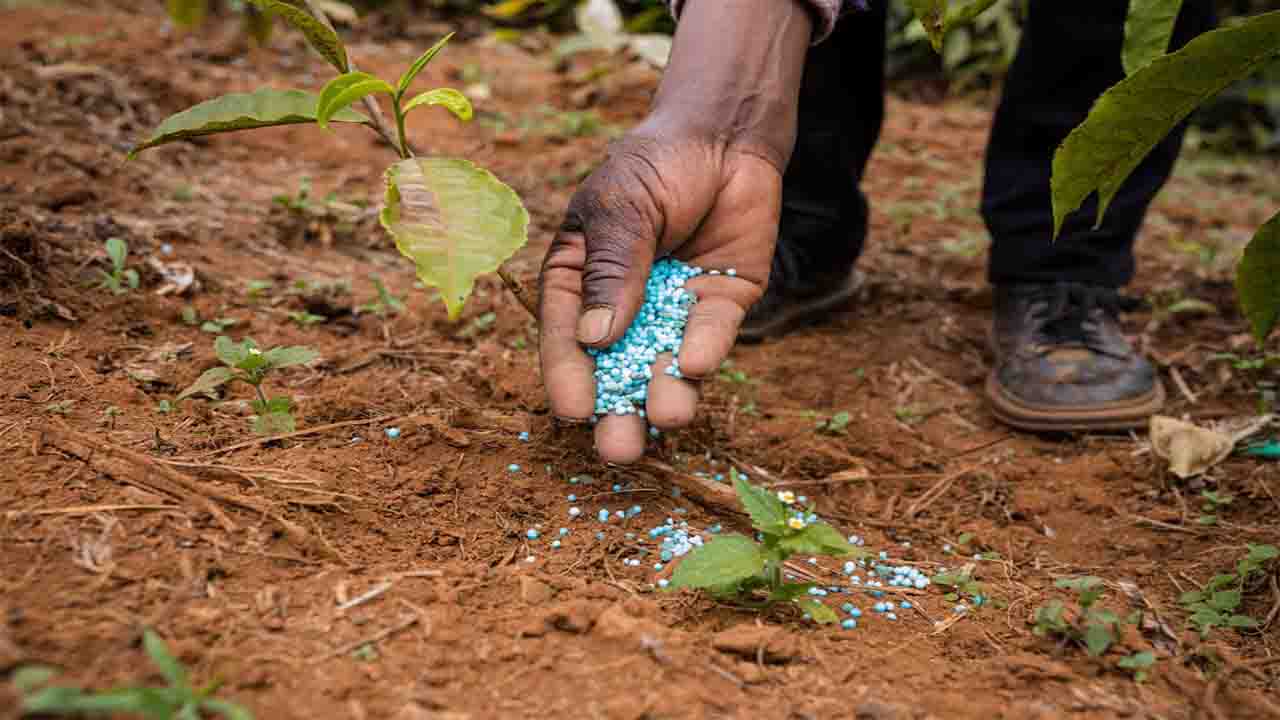Over a century, the use of mice in the research of biomedical has been widespread. Becoming so fundamental to investigations that the industry has come up with, for scientist to order the actual catalogues of mouse models.
Dr. Nadia Rosenthal, a scientific director said that they have 13,000 different mice where they can send to researches, which is a catalogue where you can get it online and get information regarding each and every mouse. It’s home to one of the biggest mouse catalogues on the planet.
Dr. Marc Dhenain, director of research at France’s National Centre said, 90% of what we know about biology, were 80% related to working with animals.
Over 85% of genes are shared by humans and mice. Some mice species even develop human diseases, cancer and type 1 diabetic are some examples. When they don’t, their genome can be genetically modified.
To study biology and human diseases, scientists work with “humanized” mouse models, where the mice have been genetically modified to carry human cells or genes.
Researches, through the mice catalogue can learn all which has been done to categorize specific breeds. From molecular and genetic level, to even phycological level. This is called phenotyping.
Dhenain, specialist in brain aging and Alzheimer’s disease said there are many different genes which can be modified in mice, but will never be able to modify in primate.
Montagutelli said, that there are some “practical considerations” since mice are small and can carry many embryos and gestate within three weeks, where as primates take several months to carry one embryo – for lab experiments, they can easily be breed in large amounts.
Scientists want to slow down as much as possible the use of primates in research “for obvious moral reasons” and follow regulations, which states that experimenting with primates, should be avoided completely except for very threatening and lethal human infectious diseases.
Individuals in the field were starting to realize how important it is to make lab mice “as diverse as humans that we’re trying to treat” said by Rosenthal.
She also explained that though the mice are all the same and they will have the same results, but they may not be the result that are relevant to a patient. Lab mice don’t have a miserable life, said by Dhenain.
He also mentioned that they are very particular that the animals involved in experiments should not suffer. To prevent suffering, they include protocols. Rosenthal said that they spend a lot of time thinking on how to make a mouse happy and safe, if not they are not good models.
For a very long period of time, humans have been domesticating animals, and mice are just one type of animal which has been selected.
















